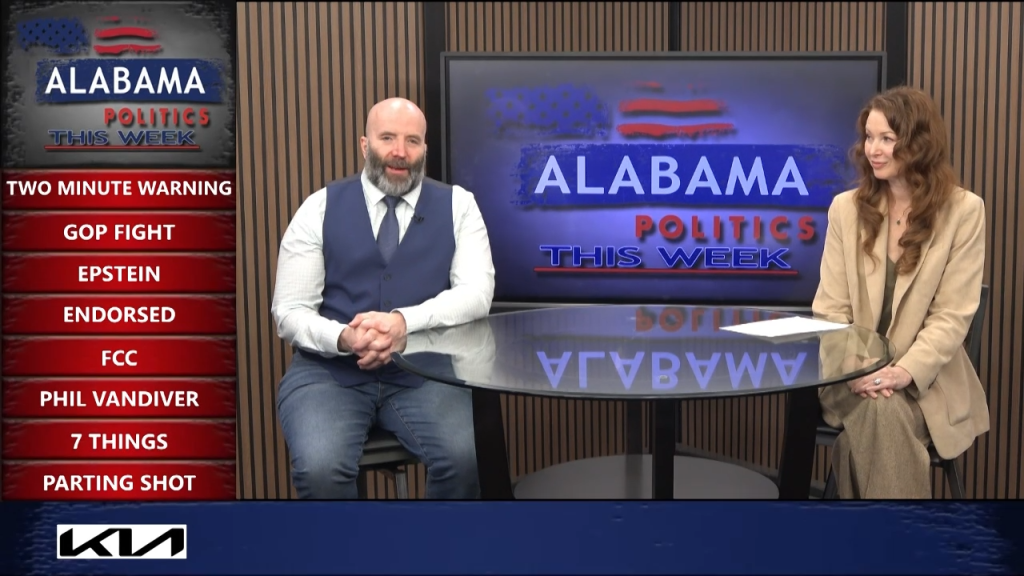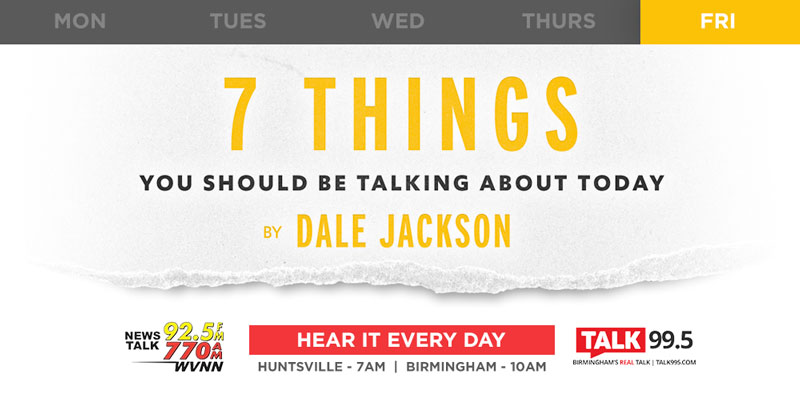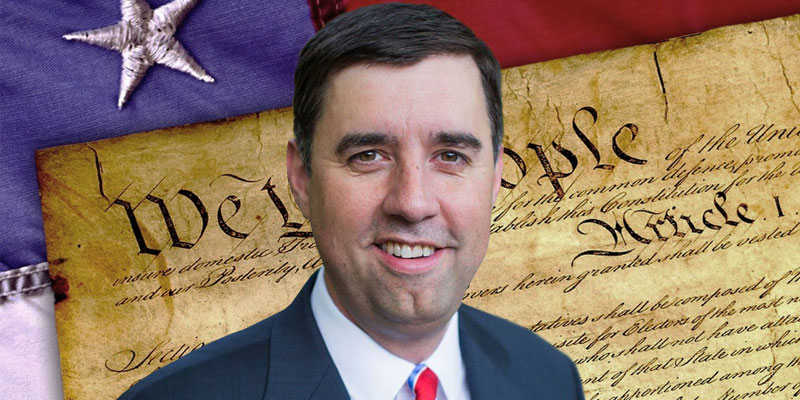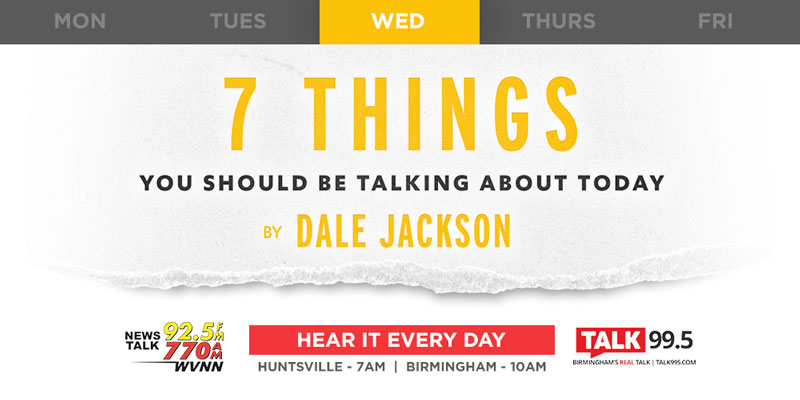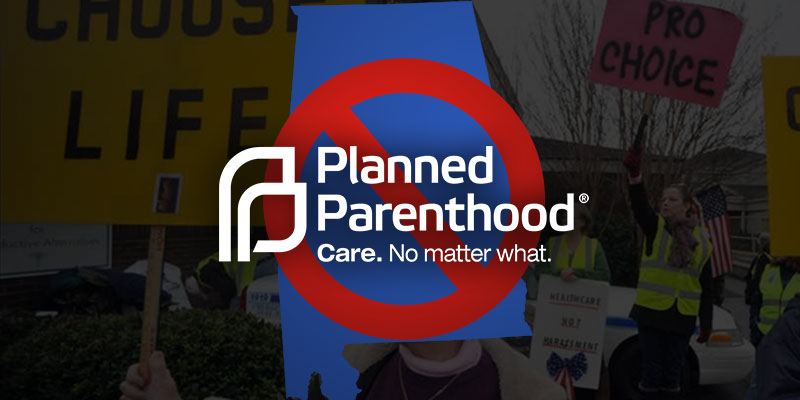When the Founding Fathers wrote the Constitution of the United States, they feared the possibility of partisanship overtaking rights-based government. To that end, they crafted a system of checks and balances designed to pit interest against interest, promoting gridlock over radical change. The founders saw legislators, presidents and judges as ambitious in their pursuit of power.
They could not have foreseen our politicians.
Our politicians aren’t so much ambitious for power as they are afraid of accountability. And so, we have a new sort of gridlock on Capitol Hill: Politicians campaign in cuttingly partisan fashion and then proceed to avoid solving just the sorts of issues on which they campaigned.
Last week, for example, Republicans passed a massive $1.3 trillion omnibus funding package to avert a government shutdown. It included full funding for Planned Parenthood and the regional Gateway rail project, but not full funding for the border wall. Republicans had spent years decrying deficits, criticizing funding for Planned Parenthood and ripping useless stimulus spending; they’d spent years clamoring for a border wall. When push came to shove, they did nothing.
Meanwhile, Democrats tore into the Republican budget for failing to ensure the permanent residence of so-called DREAMers, immigrants living in the United States illegally who were brought to the country as children. Then they rallied in Washington, D.C., along with gun control-minded students from Parkland, Florida, calling for more regulations on the Second Amendment. When Democrats held control of Congress and the presidency from 2009 to 2011, however, they promulgated no new gun legislation and passed no protection for DREAMers. Instead, then-President Barack Obama issued an executive action during his re-election cycle after saying repeatedly that he could not legally do so, and he complained incessantly about guns.
So, what should this tell us?
It should tell us that we, the voters, are suckers.
Our politicians use hot-button political issues in order to gin up the base and get us out to vote. They talk about how they’ll end funding for Planned Parenthood and cut back spending on the right; they talk about how they’ll end gun violence and protect DREAMers on the left. Then, once in power, they instead focus on broadly popular legislation instead of passing the legislation they’ve promised. They campaign for their base, but they govern for the center.
So, what are the real differences between the parties? The Republican Party is in favor of tax cuts and defense spending; the Democratic Party is in favor of increased regulation and social spending. All the other discussion points are designed merely to drive passion.
Practically speaking, this means gridlock on the issues about which Americans care most. Don’t expect Republicans to stop funding Planned Parenthood anytime soon. And don’t expect Democrats to start pushing serious gun control. They keep those issues alive deliberately to inflame excitement during election campaigns. Then, once in power, those issues go back into the freezer, to emerge and be defrosted when the time is right.
It’s a convenient ploy. It means that partisan voters will never buck their party — after all, if the other side gets into power, they’ll really go nuts. And, hey, maybe this time, our party bosses won’t lie to us.
But they will. And we’ll swallow it. And the government will grow. But at least we’ll have the comfort slamming one another over issues that will never get solved.
Ben Shapiro, 34, is a graduate of UCLA and Harvard Law School, host of “The Ben Shapiro Show” and editor-in-chief of DailyWire.com.
(Creators, copyright 2018)





